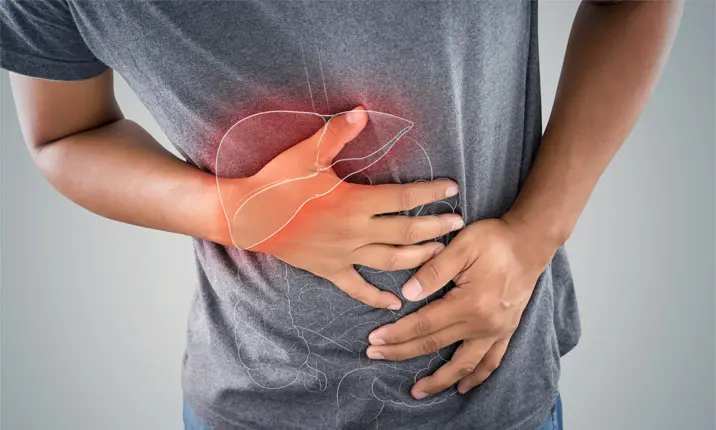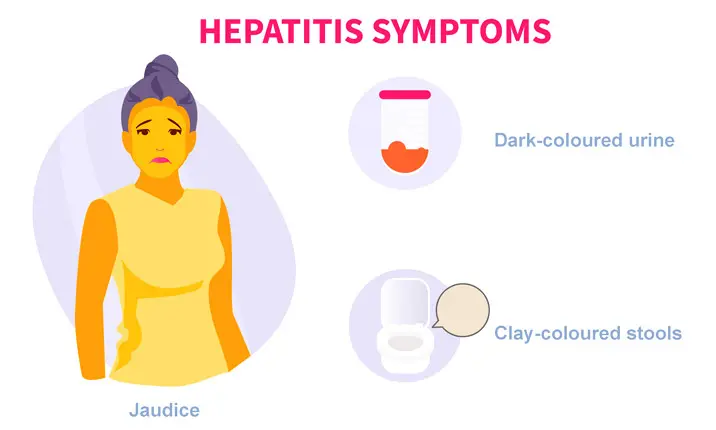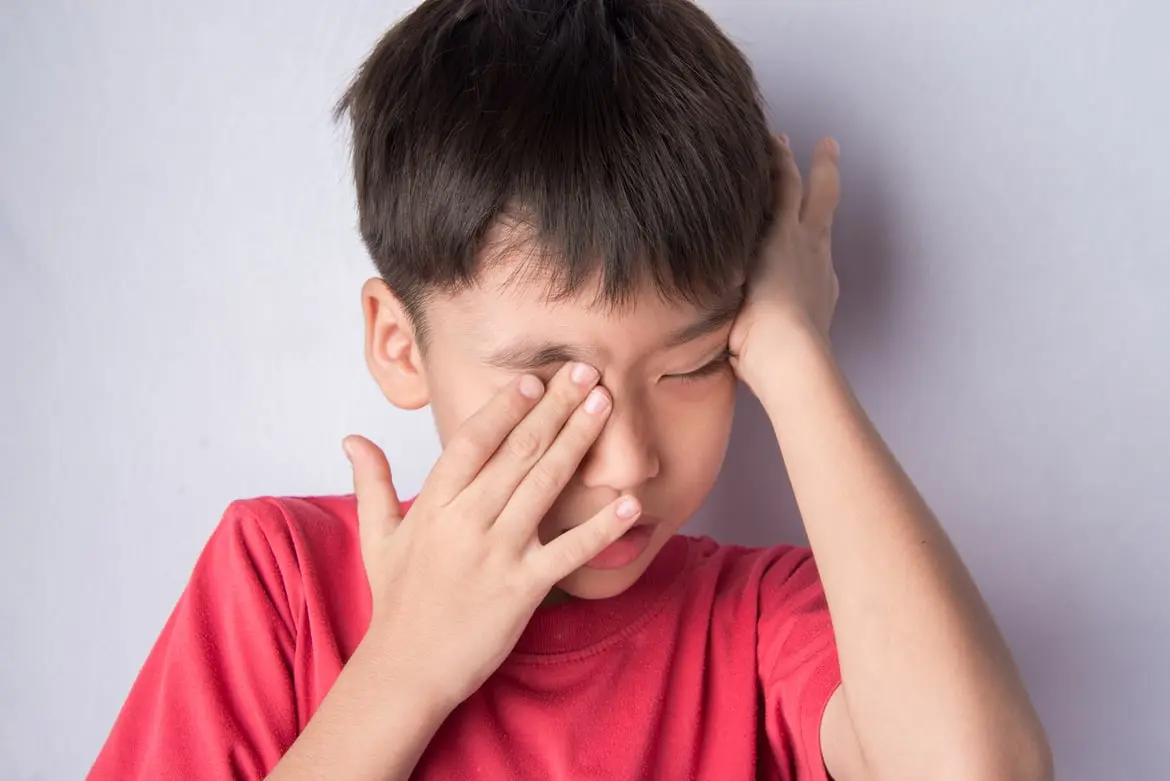In 2022, severe cases of acute hepatitis of an unknown cause have been reported among children worldwide. This was first reported in an alert by the World Health Organization in April, and as of May 2022, 650 of such cases are affecting children worldwide, with 5 cases in Singapore. At least 38 of these affected children required liver transplants with at least 9 deaths.
As experts continue to investigate and understand the cause of these 'mystery' hepatitis cases, Dr Nancy Tan, paediatrician with a subspecialty in gastroenterology and hepatology at Mount Elizabeth Novena Hospital, shares insights about hepatitis, its possible causes, symptoms of the condition, and what parents should do if they suspect that their children have hepatitis.
What exactly is hepatitis?
Hepatitis is the inflammation of the liver that results from a variety of causes.
Infectious agents that can cause hepatitis include viruses such as the hepatitis A, B, C, D and E viruses, as well as parasites.
Non-infectious causes include certain drugs and toxic agents. Sometimes, hepatitis results from an autoimmune reaction directed against the liver cells of the body.
What are the differences between acute and chronic hepatitis?
If the period of a hepatitis inflammation lasts for less than 6 months, it is called acute hepatitis. In contrast, if the inflammation persists beyond 6 months, it is termed chronic hepatitis. Generally, acute hepatitis may occur fast and furiously while chronic hepatitis is smoulders over a long period of time. In severe cases, both types of hepatitis may result in liver failure.
Are children more prone to hepatitis?
Children do not appear more vulnerable to infectious hepatitis. However, as the cause of hepatitis may be different in adults and children, certain outbreaks may affect children more than adults.
The causes of hepatitis may be infectious or non-infectious. Different viruses, bacteria and parasites can cause infectious hepatitis. Non-infectious causes can include drugs and toxins. In rare cases, the body's own immune system form antibodies will be directed against liver cells, resulting in an autoimmune condition.
Gastric flu or gastroenteritis has been named as a possible cause of this new spate of infections. How plausible is this?
As with any infectious organism, an infection can affect multiple organs. Some can infect both the liver and the gut, resulting in gastric flu, gastroenteritis and hepatitis. Hepatitis is not a direct result of gastric flu or gastroenteritis, and for majority of cases, the person does not also develop hepatitis.
What are some common symptoms of a hepatitis infection in children?
Hepatitis symptoms in children can resemble that of common illnesses. These include:
- General malaise, or being unwell
- Fever
- Flu-like symptoms
- Loss of appetite
- Nausea or vomiting
- Stomach pain or discomfort
- Diarrhoea
- Joint pain
- Sore muscles
- Itchy red hives on the skin
- Confusion and loss of consciousness
More specific signs of a hepatitis infection will include:
- Yellowing of the skin or the whites of the eyes (jaundice)
- Clay-coloured stools
- Dark-coloured urine
How differently would a hepatitis infection affect adults and children? Is it more severe in children?
The presentation of hepatitis in adults and children are quite similar. In fact, children are sometimes less symptomatic compared to adults.
What should we do if we suspect a hepatitis infection?
See a doctor if you feel unwell and get a blood test if necessary to confirm an infection.
How is hepatitis treated?
Unfortunately, there is limited treatment for hepatitis. Treatment is usually supportive care, unless there are specific remedies. For example, a paracetamol overdose is treated with N-acetylcysteine. Doctors may give blood products to help with bleeding or clotting problems, and albumin may be given to help with protein levels and water retention. Antibiotics or antivirals may be given if infections are suspected.
Renal dialysis may be required to help with kidney failure or fluid overload. Sometimes a liver transplant may be required if the liver does not spontaneously recover from the inflammation.
What can we do to protect our children and even ourselves from catching hepatitis?
General hygiene measures include handwashing and eating food that is cooked thoroughly. Drinking clean water is also essential. This includes drinking boiled or bottled water when travelling overseas, and avoiding ice cubes served from unhygienic sources.
Can someone vaccinated against hepatitis still get an infection?
Yes. That may happen for the following reasons:
- The body may not mount an immune response to the vaccine that was taken.
- A mild infection can still happen despite the body mounting an immune response.
- You may have been vaccinated against certain types of infective hepatitis but the cause of the current hepatitis is not the one you have been vaccinated for.
- The cause of the hepatitis is not an infectious cause. E.g. It could have been caused by toxins which the body has been exposed to.















